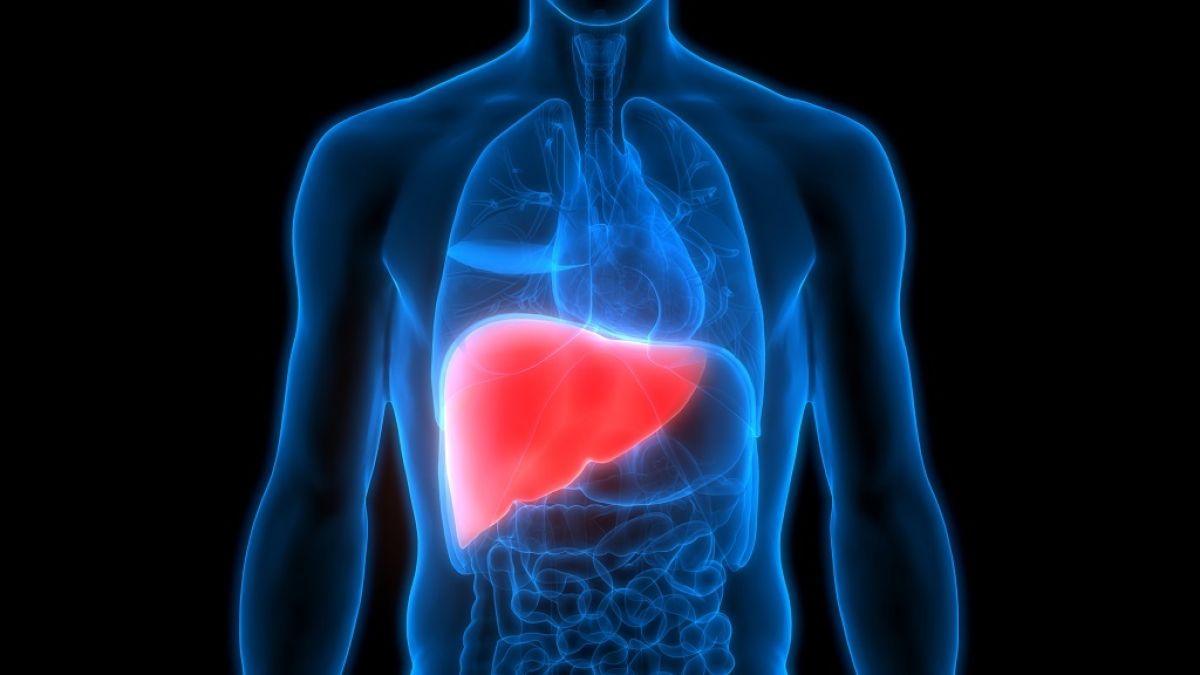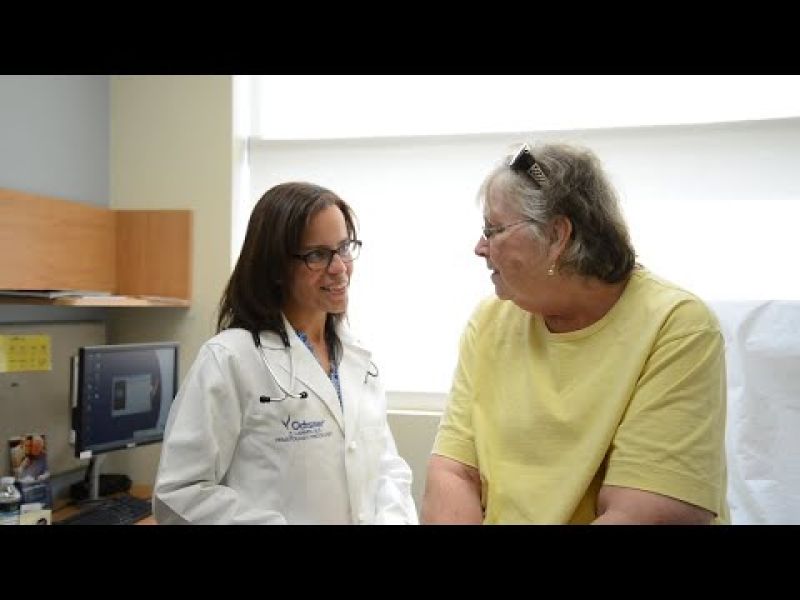Why choose Ochsner Health for your liver cancer care?
The Ochsner Health liver cancer program provides outstanding oncology care to patients with primary liver cancer and metastatic liver cancer. Our collaborative, multidisciplinary teams in New Orleans, Baton Rouge, Lafayette, Covington and Kenner, Louisiana put your needs at the center of all we do.
Ochsner liver cancer experts develop a customized treatment plan based on your type of liver cancer and unique medical history and needs. We provide second opinions and partner with outside oncologists and treatment facilities to ensure consistent care and a seamless experience. Many patients receive chemotherapy and other ongoing treatment at partner facilities near their homes while remaining under the expert care of the Ochsner liver cancer team.
We also match you with a nurse navigator who can help guide you in your journey and connect you with the support services you need along the way. Once a care plan is established, the Ochsner liver cancer team works with patients and other providers to ensure care is as convenient and close to home as possible.
Ochsner MD Anderson Cancer Center at The Gayle and Tom Benson Cancer Center in New Orleans is one of a select number of hospitals in the U.S. that offers histotripsy treatment for liver tumors.
















